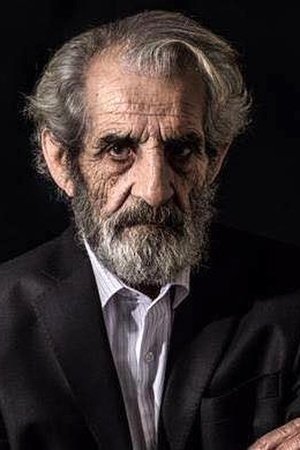
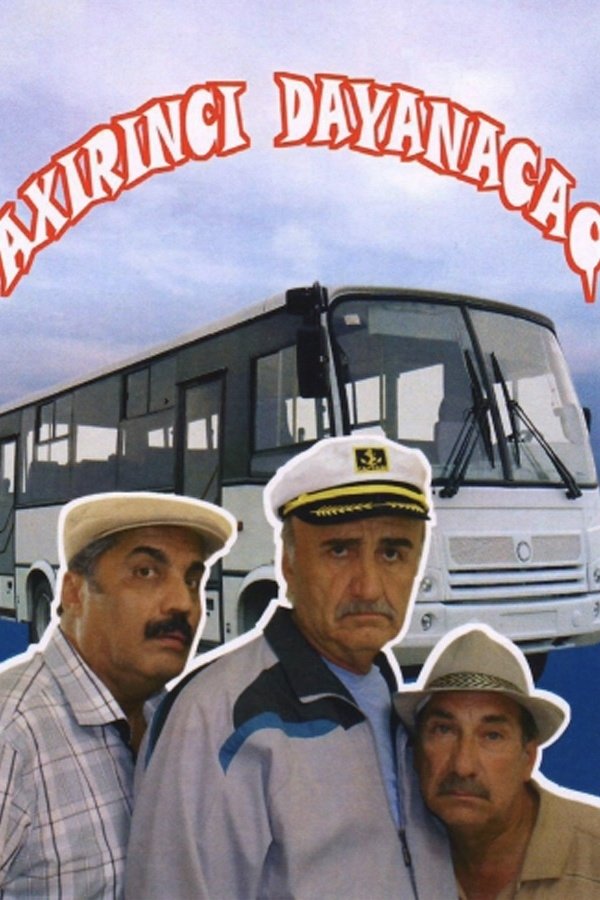
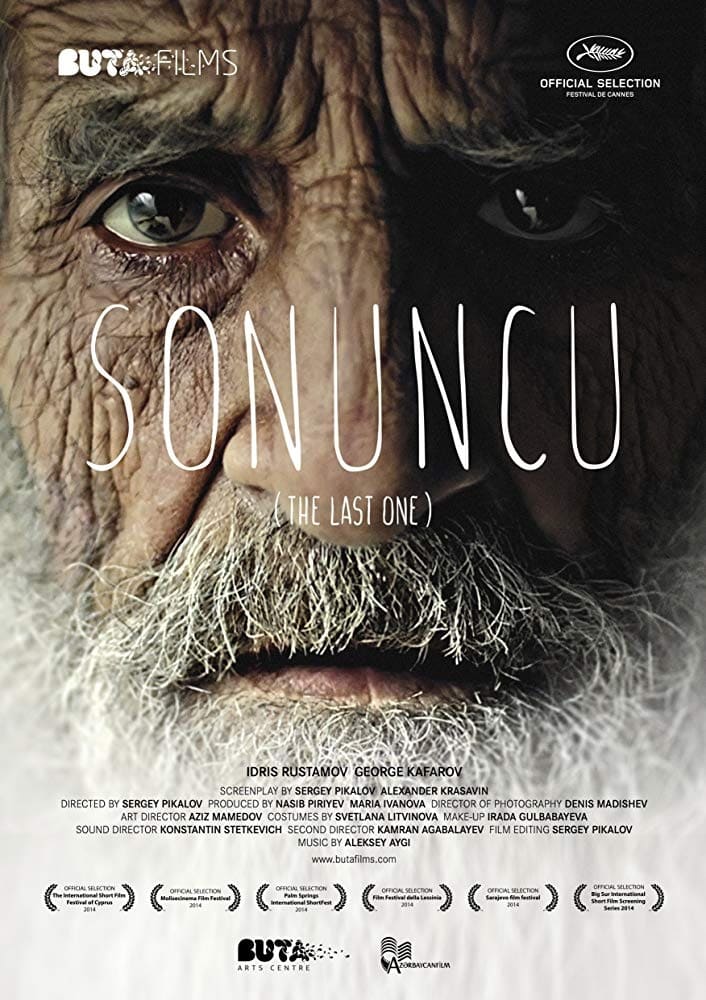
The old man outlived everyone. His friends, wife, children. But he wasn't lonely. An old fridge buzzed hoarsely in the corridor, and - substituted for friends and family. Every evening he lay down to die. Waking up the next morning he shambled to the fridge. Every day he would sit down opposite the fridge and write: "8.00 - turned on; 9.15 - turned off; 9.47 - turned on...". That day started as usual. The old man woke up alive and headed to the porch. The fridge was in particular nasty. The old man got angry and switched on TV - for the first time in years. It changed his life forever.

The film tells the story of two blind men who stand on the side of a road between oil wells and beg, and the conflict between them. The young blind man, who was born blind, sees the old blind man, who later lost his sight, as his rival. Each blind man represents a large crowd in himself.
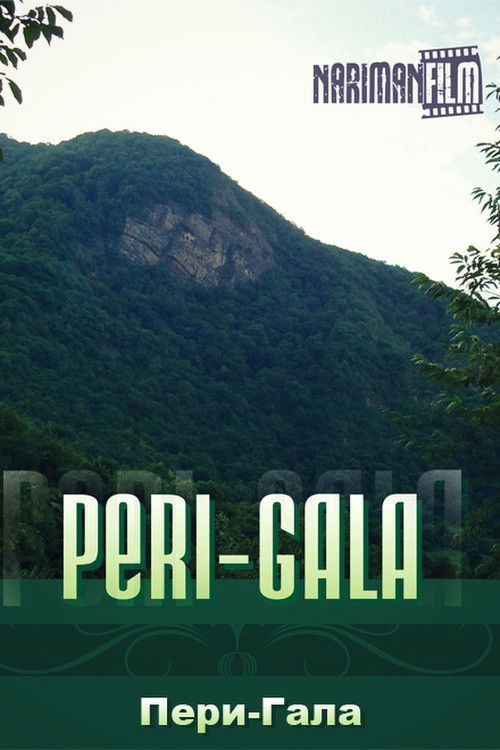
The events in the film take place in a remote place, far from the modern city and civilization, where the real and the unreal worlds meet. There, mysticism and reality are so intertwined that all kinds of miracles are expected. The people there live by their own unwritten laws. The punishments given to those who violate them are also completely different.
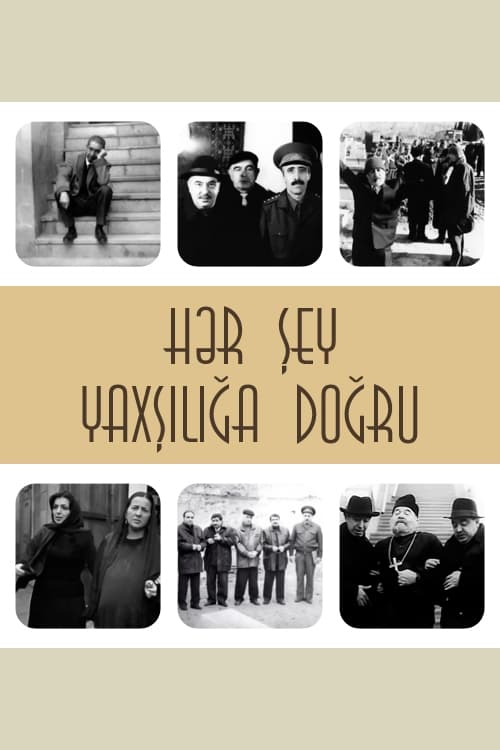
The events occur during the Nagorno-Karabakh War. Because of a corpse in a zinc coffin with an arguable address, two families get excited. Having cut the lid off the coffin to identify the soldier, they find out that he is, in fact, Armenian - former citizen of Baku.
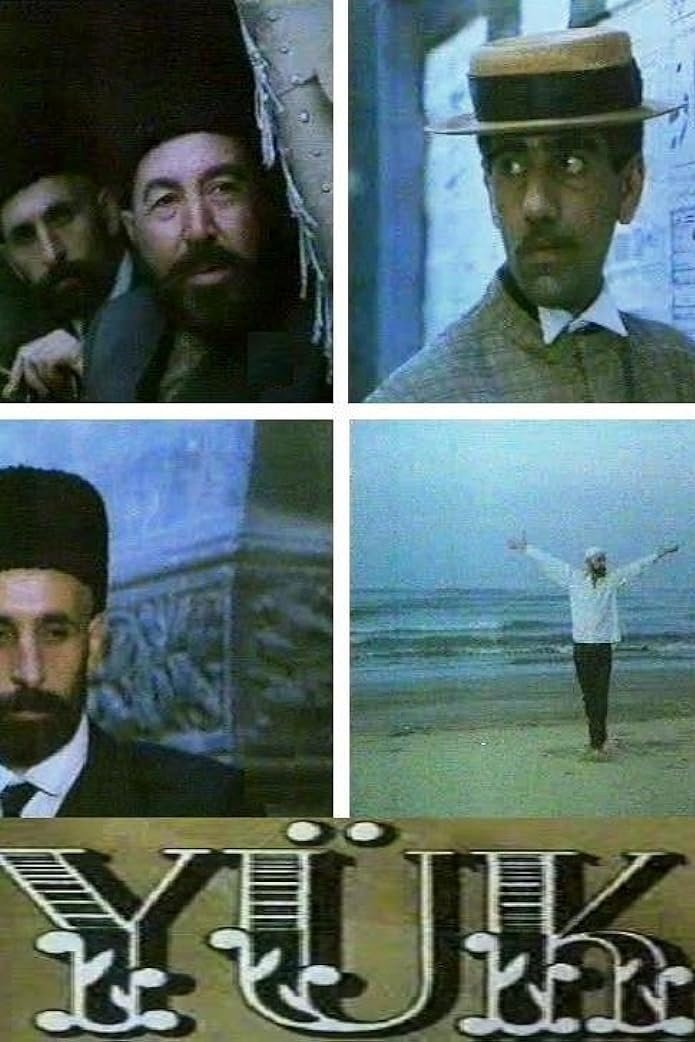
The film is about a day of the 19th-20th century famous tycoons from Baku Agha Musa Naghiyev and Hadji Zeynalabdin Taghiyev.
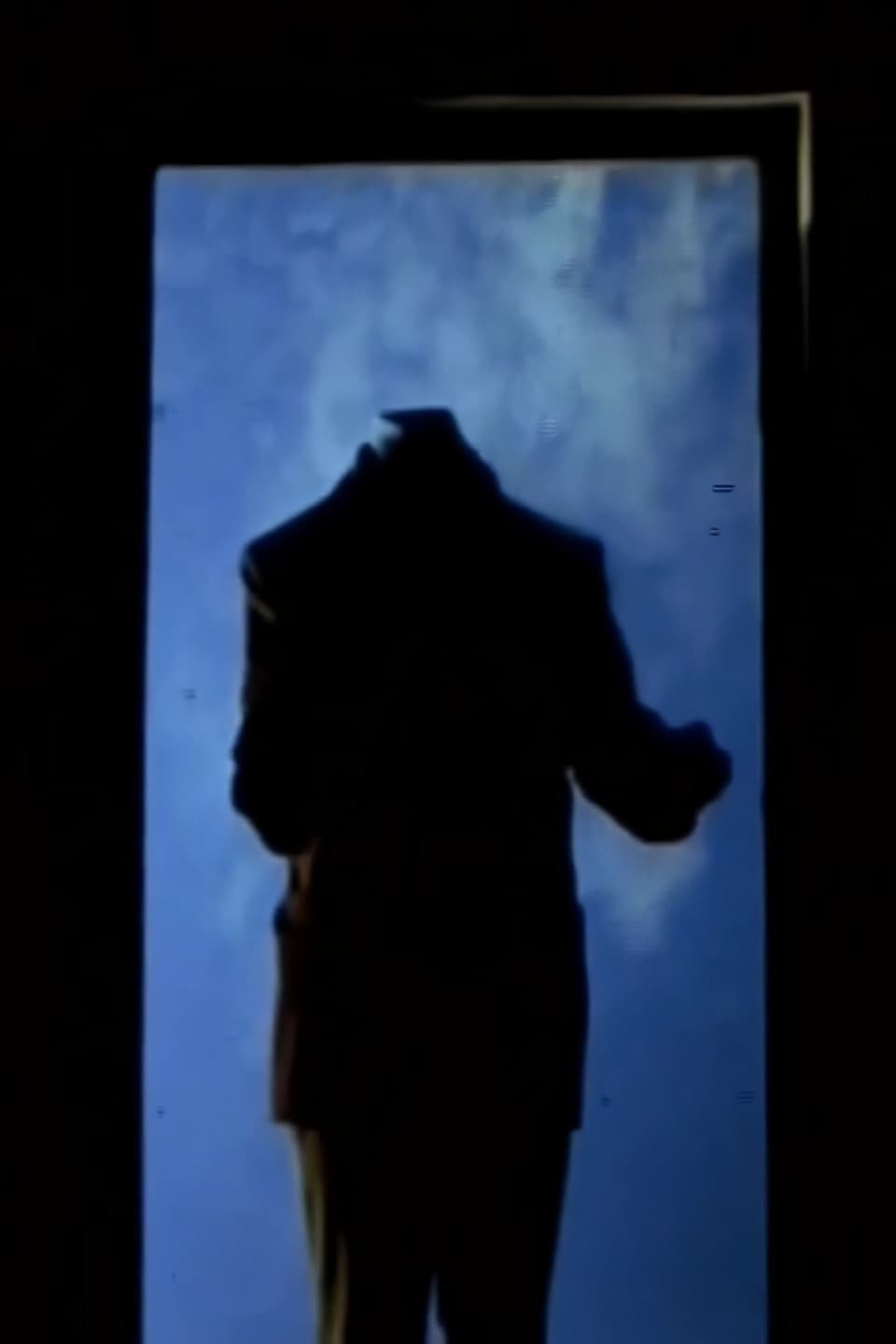
Shot during the Nagorno-Karabakh War, "Fəryad" is only one of its kind. Following the Khojaly Massacre, Ismayil, an officer tasked with collecting the bodies, crosses enemy lines to avenge the brutal murder of a local schoolgirl. There he gets captured by Armenians and waits for the day to be exchanged for an enemy POW.
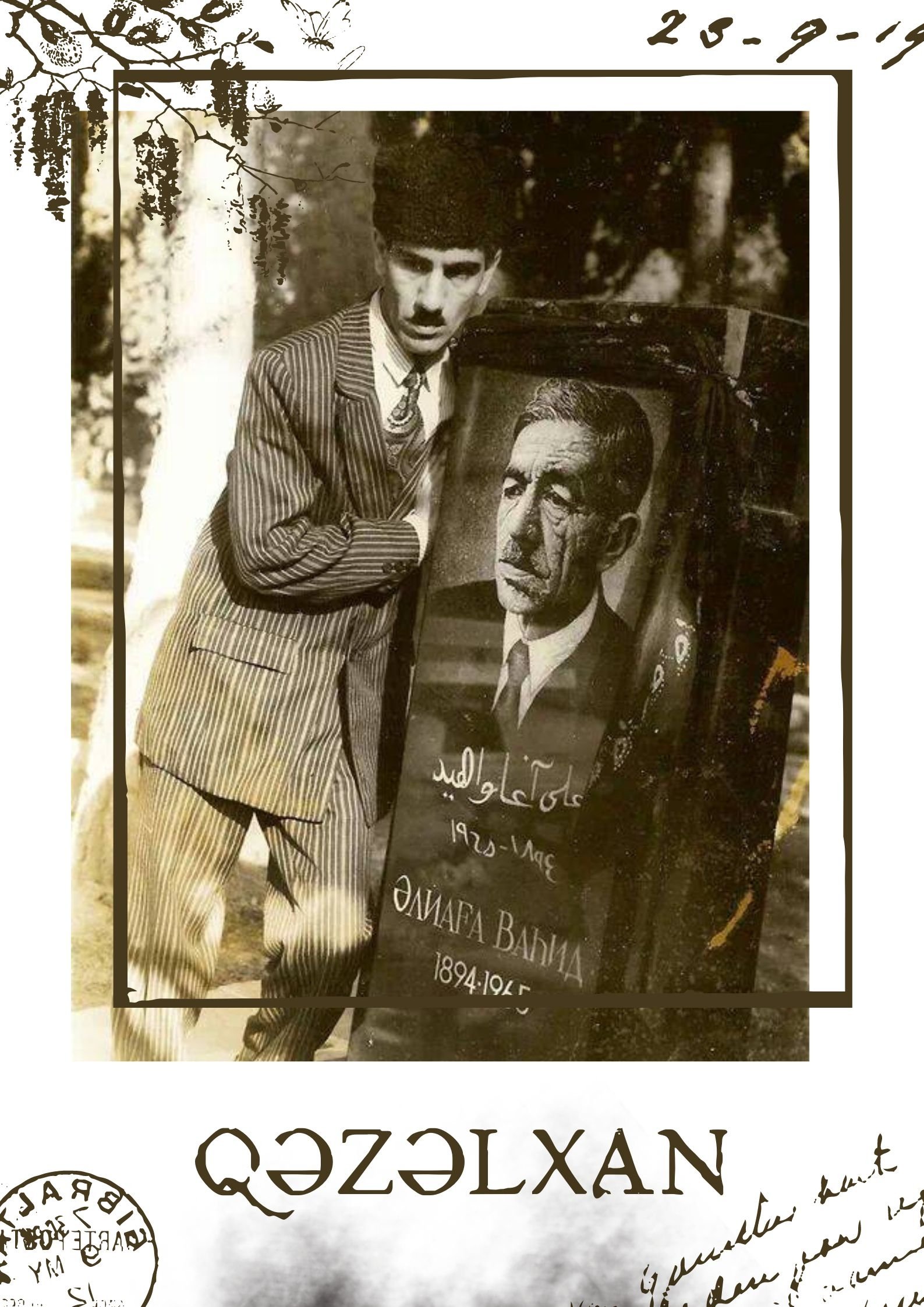
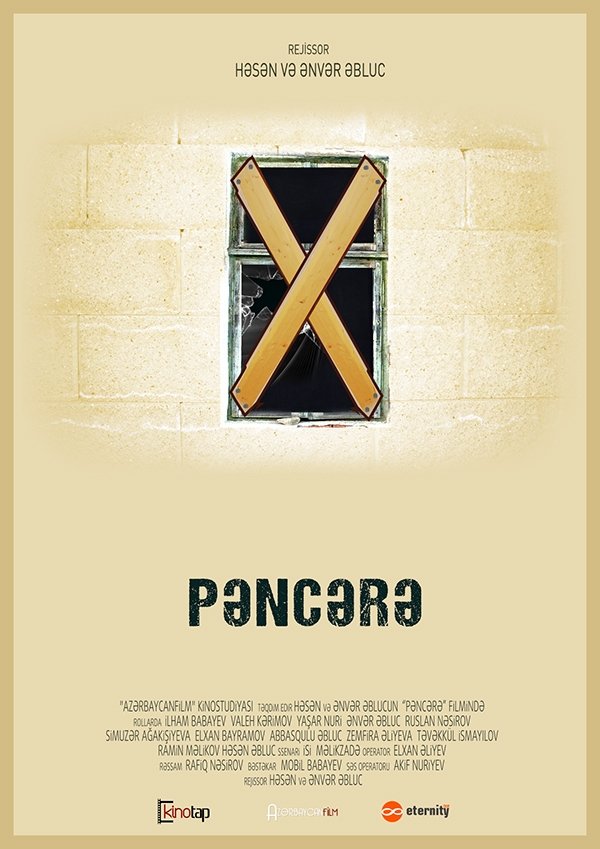
The film reveals the contradictions between the "educating" teachers and the "educated" students in the school, which is actually an orphanage and a boarding school, where lawlessness, violence, hypocrisy, and cruelty prevail. Forced to live in such contradictory conditions, but unable to adapt to these conditions, little Ahsan, who misses his native home, finds the only way out - he perishes by throwing himself out of the window. The film was shot on the basis of the motifs of Isi Malikzade's story "Nowruz Holiday of Wanderers".
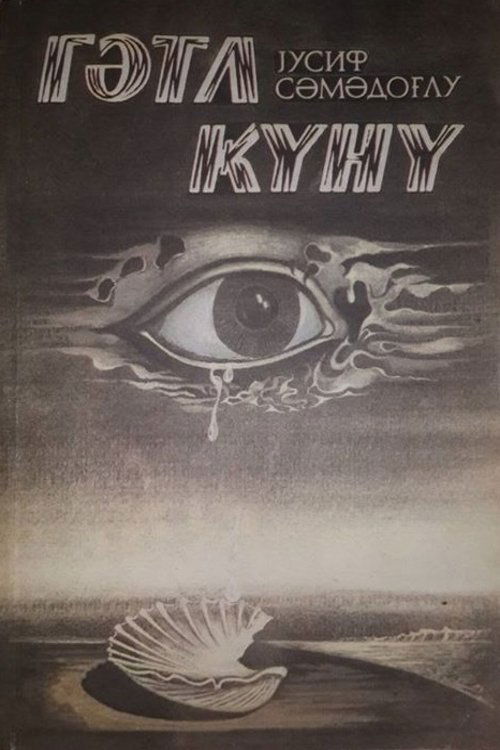
After the novel of the same name of Yusif Samadoghlu. The film is about three intervals in time: the distant past, yesterday and today, about innocent victims, about repression, and conquest of different countries.
By browsing this website, you accept our cookies policy.